This has been a week for looking up at the sky.
Recently released Israeli hostage Rom Braslavski, kept underground in solitary confinement for two years by Hamas, wanted above all just to see the sky. You can see in the clip below how he squinted at his first exposure to the outdoors - and freedom.
Fittingly in Hebrew, the name “Rom” (רוֹם) means “height,” “exaltation,” or “lofty.” On social media, people from all over the world responded to his wish by sending him photos of brilliant skies overhead.
Some more photos shared with Rom are below.1
In this week’s Torah portion of Noah we read of the sign of the rainbow, which was given by God as a promise never to destroy the earth again. To see a rainbow one has to look up at the sky, which on some levels helps us to appreciate the beauty and fragility of all Creation, and the fact that all of humanity shares space under it.
The Bible believes that all natural events are invested with divine portent. The rainbow isn’t the only natural phenomenon that is given some sacred meaning. Think of thunder, earthquakes, eclipses and, in this portion, floods. All of these are controlled by God and serve some historical or morally instructive purpose. They are signs of God’s rulership over the natural order. The ancients gave the rainbow its name - in Hebrew it is simply a bow - because they considered it to be God’s bow of war, but the Torah transformed it into a symbol of peace.
While we may no longer directly connect it to God, the sense of peace that we feel when we see a rainbow is analogous to how our ancestors must have felt. The storm is over, the threat is gone, and there will be no more great floods. How beautiful it must have appeared - and how beautiful it remains. But you can’t see it unless your gaze is focused upward.
What Rom saw when he squinted and looked up had to look like a rainbow to him, and Noah, who was also cooped up for a long time indoors, shared Rom’s wonder and gratitude.
I try to take time every October to venture from my shoreline perch into the deepest recesses of New England to enjoy the foliage. So much has been taken from us - even the East Wing of the White House no longer exists - but I wouldn’t let them take autumn away too. So, with the Jewish holidays mercifully over, I spent a couple of free days driving around New England, a lovely region that is never more beautiful than now.
More photos of New England foliage2
And as I checked out the spectacular, changing trees, New England’s gift to the world, I wondered, is there a blessing for foliage? As we learn from Fiddler on the Roof, there is a blessing for everything - except apparently this. There’s a blessing when witnessing flowering fruit trees in the spring. There’s a blessing upon smelling fragrant shrubs, herbs and fruit. There is a blessing upon seeing things of striking beauty. But there is no specific blessing for fall foliage.
The great columnist Russell Baker called October the one month “where man and nature are most nearly in harmony.” But Judaism knows nothing from October, and the Hebrew month we are now in is noted for Its lack of holidays. It’s called Marheshvan, “Bitter Heshvan” for precisely that reason.
The reason why there is no blessing for fall foliage is quite simple: our ancestors never witnessed it. Israel gets some color in the spring when the desert flowers bloom, but Israel’s spring is noted more for its wonderful fresh smells than its appearance. And they don’t have anything approaching what we call fall. I would assume that Babylonia’s autumns are nothing to write home about either, which is why the Talmud is silent about the type of miracles nature has blessed us with this month.
When you think about it, the fall is not a time to celebrate rebirth, but survival and resilience in the face of death - accompanied by the faith that life will ultimately triumph in the rebirth of spring.
That’s what I think Robert Frost had in mind in this immortal tribute to autumnal mortality:
If we were to compose a new blessing for fall foliage, it would need to emphasize how all of God’s creations are unique and capable of producing exquisite beauty. For months upon months the trees are barely distinguishable, each producing leaves of similar color and texture. Then suddenly, like Cinderella at the ball, each tree explodes in color, producing a collage that no other can duplicate, and then each bears its branches and goes to sleep for the winter at its own pace, not feeling any particular need to keep pace with the others.
People are like trees. We all possess the capacity for spectacular beauty. Rarely are we inclined to let these possibilities float to the surface. We prefer to remain safely embedded in the crowd, protected by the masses. But each of us has his or her day, and like the tree, each of us knows instinctively when that day is at hand. This idea is stated explicitly in the Talmud:3
And when our time comes to take that leap into the unknown, alone, we summon up the strength to do so.
Trees teach us about the nature of glory. It is fleeting and yet it is real. For half a year trees build up to this blazing show, growing leaves, biding their time, swaying to and fro, as if rehearsing for this one moment. And when that moment finally arrives, after all the anticipation and fanfare, it is over in a matter of a few days. One wonders whether it is all worth it. Or is it all just vanity of vanities, the fruitless striving to achieve immortality?
It is worth it. What would our lives be like without the fall? Where would we be without the trees? As fleeting as the show may be, it is equally spectacular, and the memories of fall live on long after the last leaves have been raked. The glory may be momentary, but the beauty lives on, through memory.
There is a lot we can learn from the spectacular colors of the trees; they are for us what the rainbow was for Noah.
So here is my prayer for the foliage:
Blessed are You O Lord our God who gives each of Your creations the potential for individual greatness and momentary glory, and the capacity to record that glorious moment in memory as a permanent inspiration. Blessed are You, God, Who enriches our lives with spectacular color.
Rom Braslavski’s moment has finally arrived as well, and now, exposed to the vitality of the noonday sun, his colors will flash and he will reach his branches high in celebration of a glorious rebirth.
He and the trees have reminded us never to stop looking up. Even when things seem darkest.
Rabbi Joshua Kulp’s commentary on that verse:
He used to say: do not despise any man, and do not discriminate against anything, for there is no man that has not his hour, and there is no thing that has not its place. The central idea in the first part of Ben Azzai’s statement is that every person has worth, just by the mere fact that humans were created in the image of God. Indeed, whereas Rabbi Akiva says that the foundation of all ethics is “love your neighbor as yourself” according to Ben Azzai the foundation of ethics is that man was created in God’s image. Since all humans are created in the image of God, a person should despise no man, for doing so would be like despising God. Furthermore, even someone who seems to be worthless and a total detriment to society has his hour and his place. One never knows when that hour or place might come. The second part of the statement teaches that one should one discriminate against things, thinking that they are useless. This line could be read as an environmental message. A person should not look at a piece of nature, for instance a fly or mosquito and wish that it had never been created. For each piece of God’s creation has it’s place and what may look to us as unnecessary actually fulfills a function in nature. A different interpretation of this last section, “do not discriminate against anything… and there is no thing that has not its place”, is that a person should not treat lightly any of his material belongings. What you may think is actually useless could be used by someone else or may even someday be useful to you. This too can be read environmentally, urging people to not lightly cast away things that have outgrown their use but to think about how they might be further used in the future.
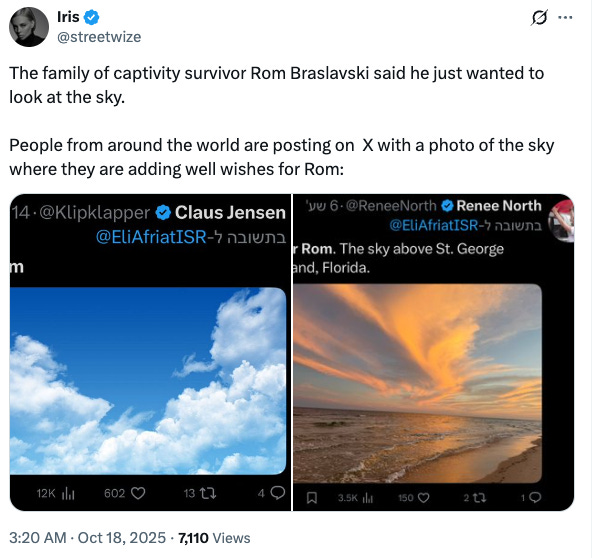
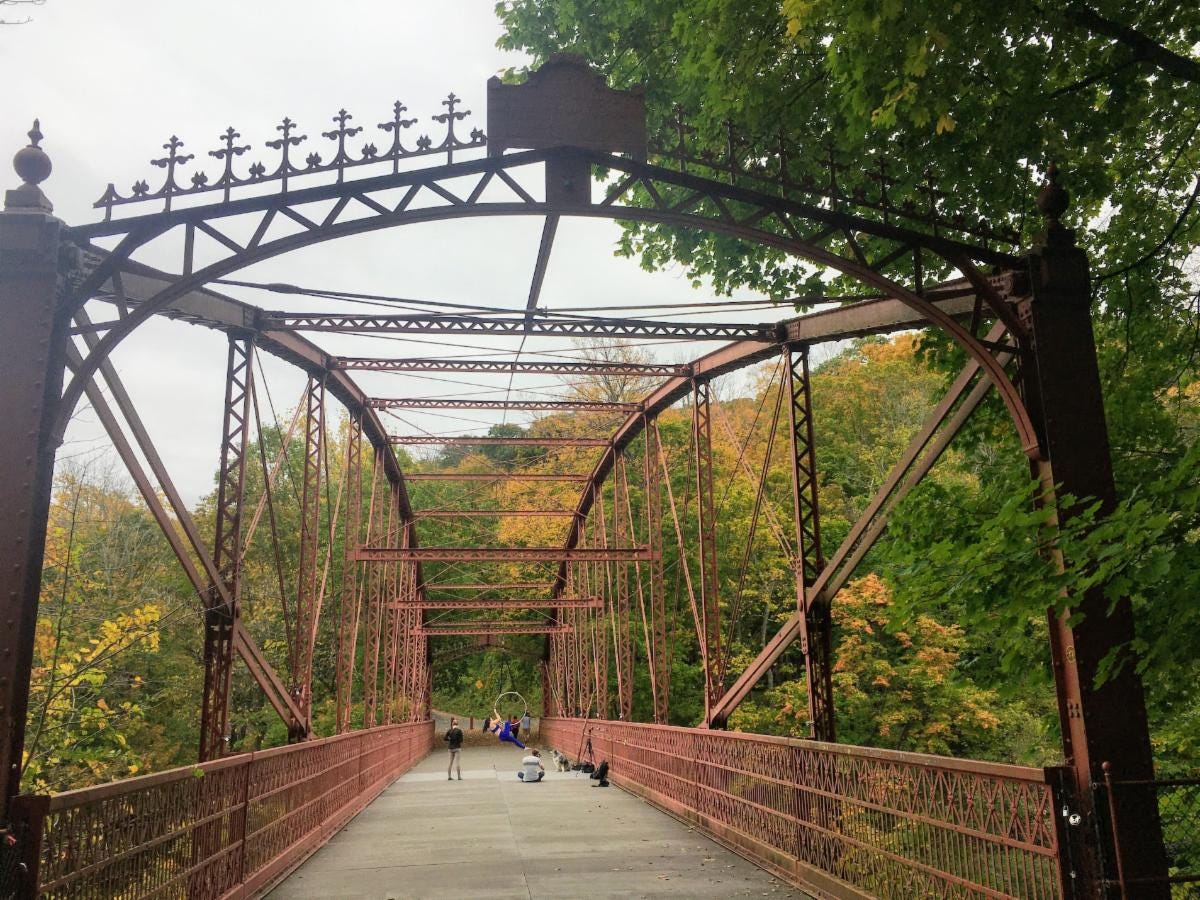
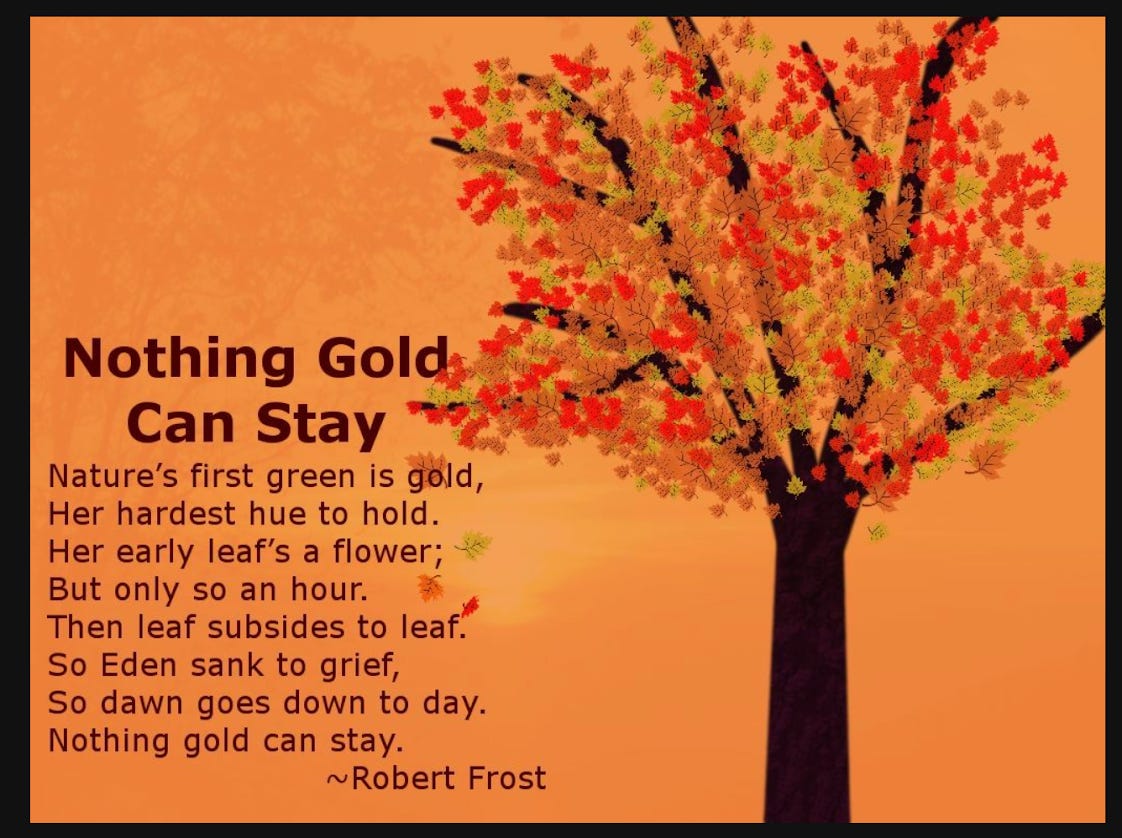
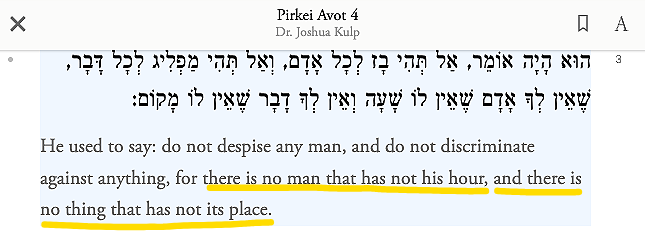
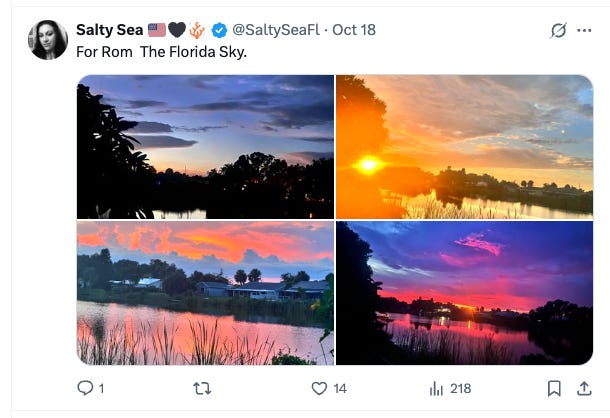
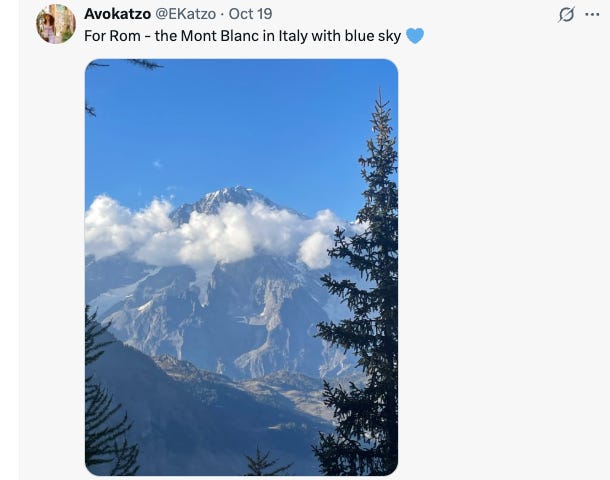
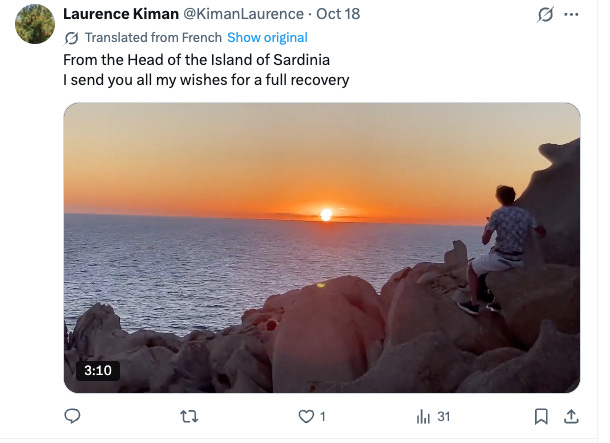
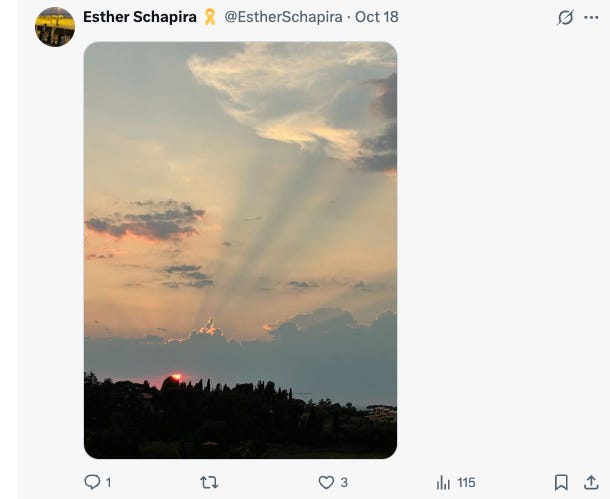
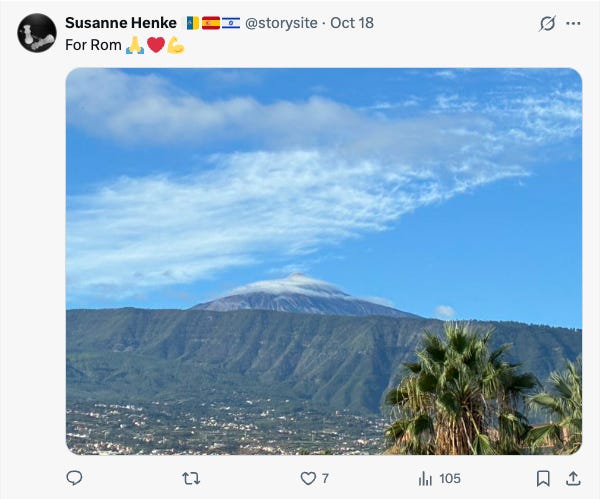
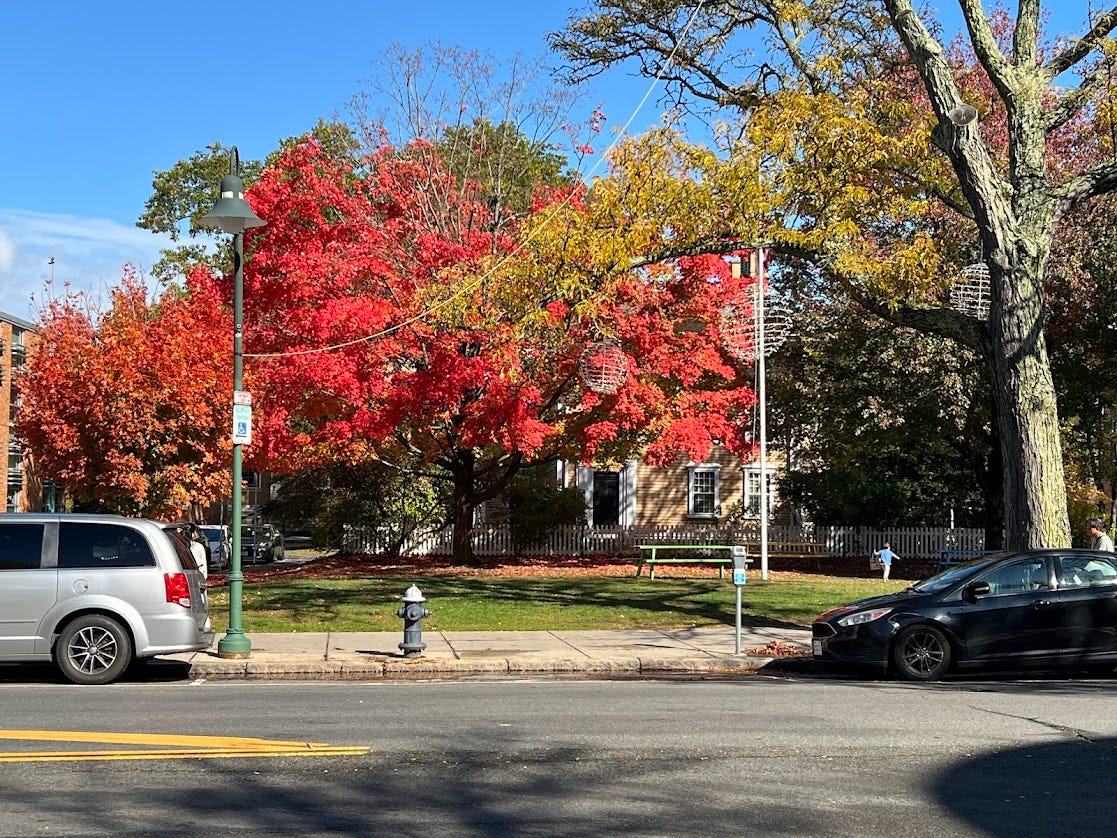
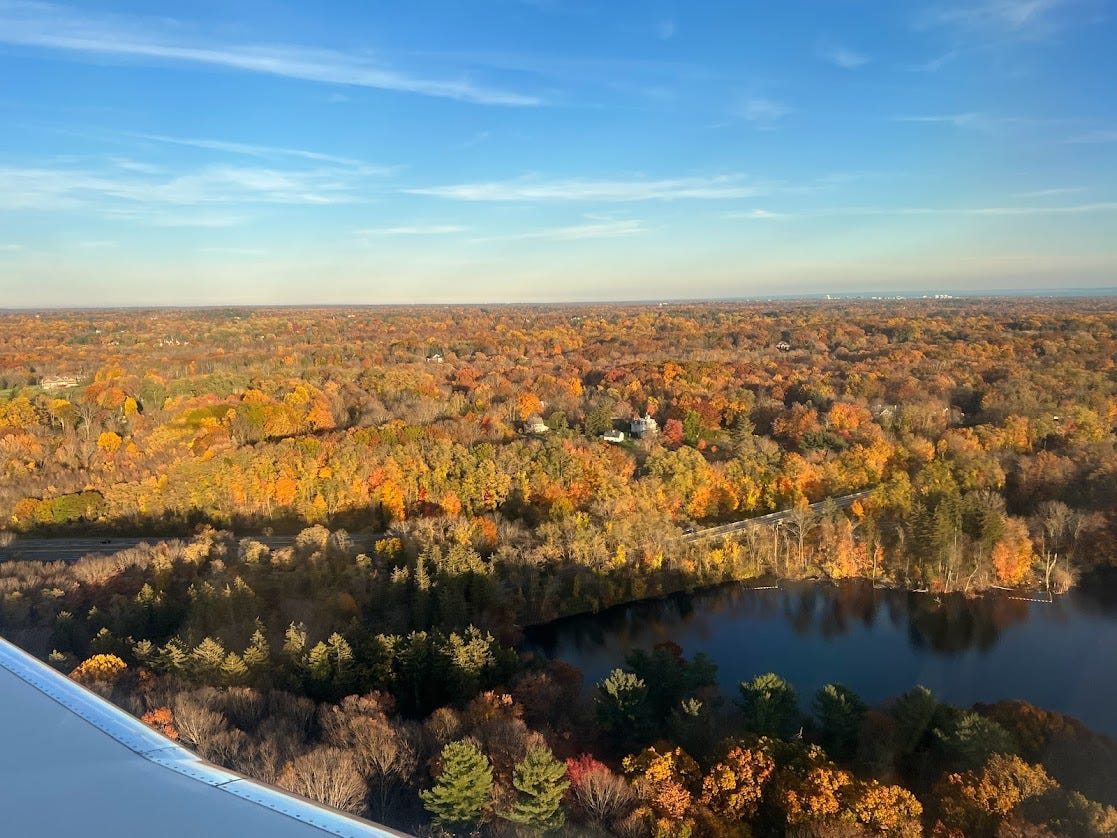
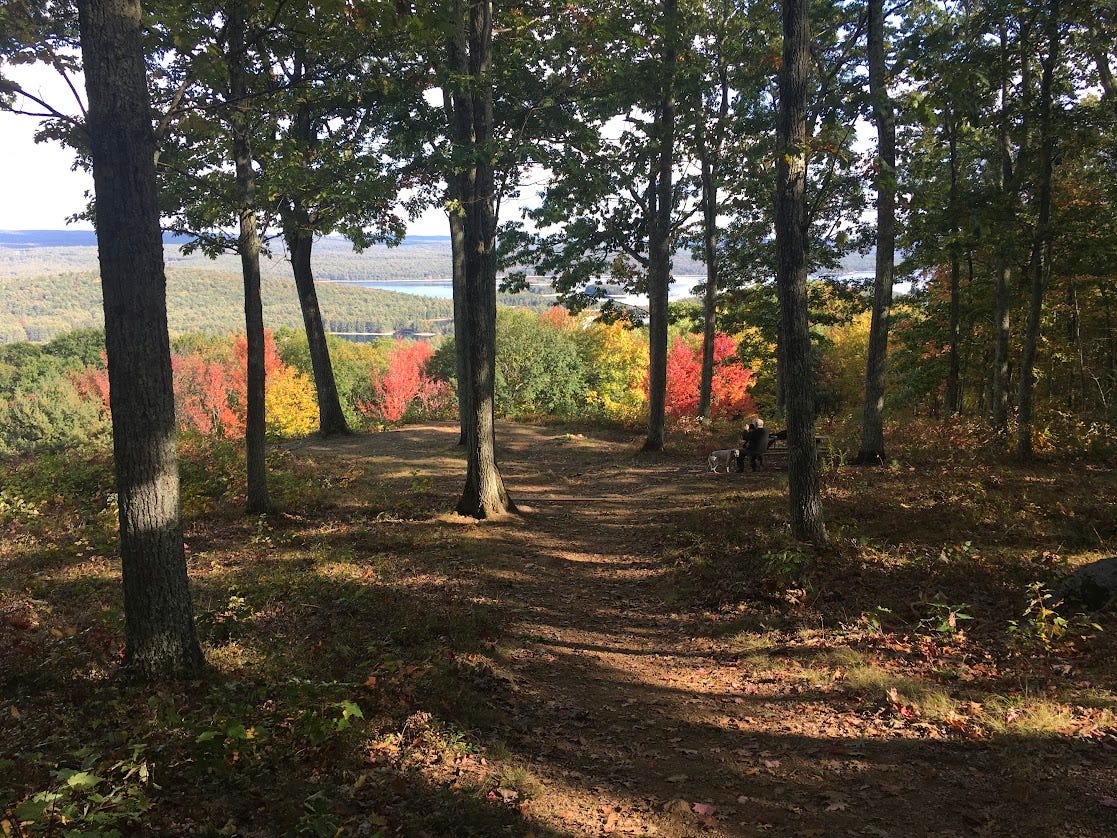
No comments:
Post a Comment